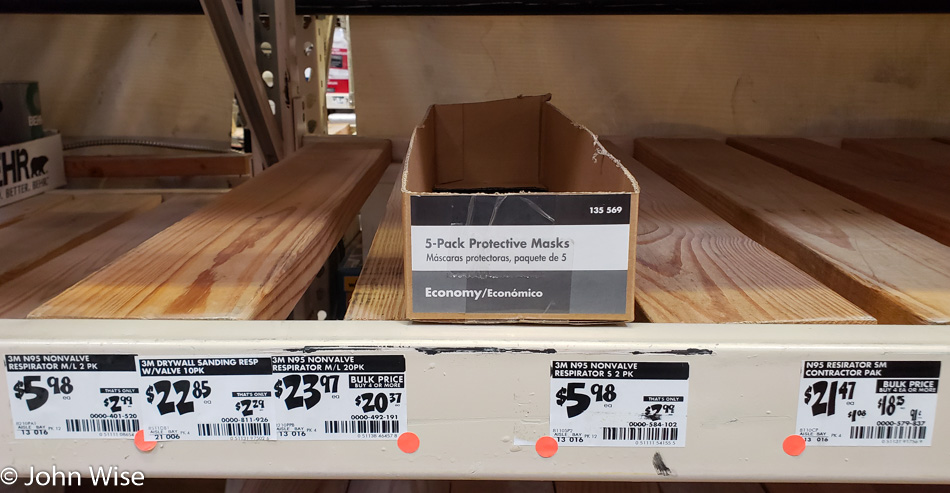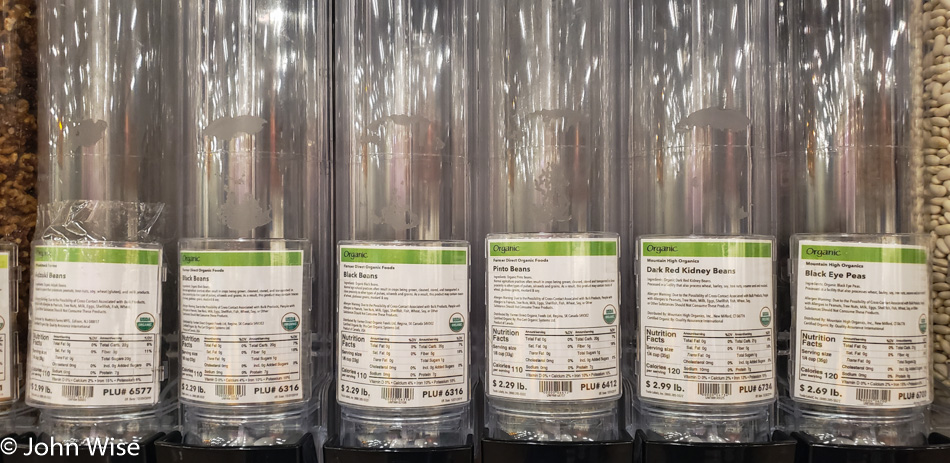
Since March 11, 2011, I’ve watched every Japanese tsunami video I could see and many I’ve watched more than once. Besides being awed by the sheer power of the waves as they swept in, clearing the land of nearly everything upon it, I scoured the corners of the footage, often seeing drivers in cars hoping for an escape or people who were about to be caught up in the rushing water.
A telltale voice accompanied almost every video with either a bell or siren sound that became indicative that a tsunami was about to happen. The calm warning voice would continue while the mayhem of a town being washed away played out to the people in disbelief who had perched themselves on surrounding hillsides. Some of the survivors, though, weren’t so fortunate to heed the early warning and instead scrambled to the top of heavy concrete buildings that weathered the beast rising out of the ocean. Then there were those who, in their cars, homes, on bikes, and walking, likely succumbed to a liquid grave.
What I took from watching countless hours of this stuff is that there are three types of people in an emergency that could have fatal consequences for at least one and maybe two of them. First are those who are quick to react and might be called alarmists; they heard that there might be a tsunami, and they ran for the hills without hesitation, and they lived. Next up were those people who were pretty sure nothing was going to happen but measured their situation and were able to respond before the rushing water overtook them; to an extent, they survived. Third were those certain that everyone else was overreacting, and so they dug in and scoffed at those running around; they died.
Survival was what was at stake, but the far away earthquake was something that occurred in another dimension, so to speak. If you’d never experienced a tsunami before, but you knew earthquakes, why should today be the dramatic shift in reality that warranted panic?
COVID-19 is the earthquake that happened in Wuhan, China and maybe Iran, Italy, Japan, and South Korea are the first signs that something is amiss. During the tsunami in Japan and the one in the Indian Ocean back in 2004, the tide going out was the first clue that a tsunami was on its way, but people didn’t know how to read that. Without an early warning system, those in harm’s way remained oblivious to the approaching freight train.
Irrational panic comes to my mind, too, when I think of reacting to a virus that, in all likelihood, doesn’t have my name on it. I don’t want to succumb to hysteria, yet I can’t help but think that complacency might put me on the beach admiring the amazing tide pools that had never been seen before as a wall of water 40 feet deep crashes over my existence.
I can’t know if COVID-19 will become a thing where I live, even though the 5th person in the United States diagnosed with what was then still called Coronavirus was right here in Arizona. I do know that I’m not the only person thinking long and deeply about it, as in learning which types of facemasks are most effective, I also quickly discovered that N95 respirators are nearly sold out everywhere.
Even as I write this, I’m reading chatter about a growing acceptance that COVID-19 will be a global phenomenon and that people are going to need to learn how to deal without resorting to extreme measures and fear. Meanwhile, thousands wait in line for surgical masks in South Korea, and grocery stores in a region of Italy are being shopped bare as people stock up for the worst.

I’m seeing some signs that people in Scottsdale are preparing for quarantine or a panic situation, as tonight at Whole Foods, there are particular bulk products sold out across their inventory, specifically those that can be sprouted, giving people a small amount of fresh greens in case they are unwilling or unable to venture out.
There’s an undiscussed situation here in America that could make a virus such as COVID-19 all the worse, and that is, what happens when people abstain from going to a doctor due to the exorbitant bills they’ll inevitably be faced with?
Then, before I can even post this, I learn that not only do we have quarantines in San Diego but in Oregon and Michigan too. Alabama turned down using one of its military bases as a quarantine site for people coming back from one of the cruises, but there is nothing to worry about as I’m sure we’ll handle it with the same efficiency we are seeing China deal with it, right?